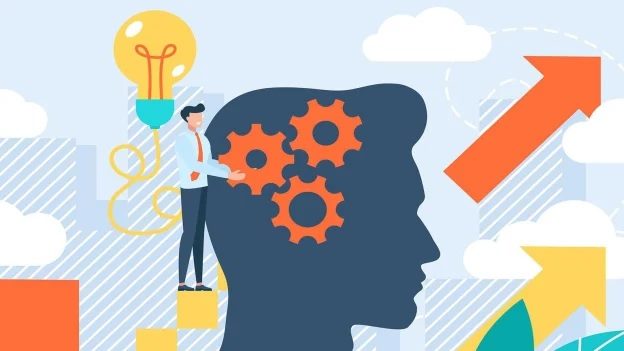Given how the security industry hires one of the largest manpower across all sectors, leaders in this field must engage in concerted efforts to make the facilities that cater to mental well-being available and accessible.
The unprecedented impact of the COVID-19 pandemic brought about a dynamic shift to the way we function and operate in the working ecosystem. Sectors across are slowly in the process of evolving and acclimatising to the new normal, with a unique dash of online, offline and hybrid model in place. One such sector that has been working tirelessly during the pandemic and thereafter, was the security sector. Security guards are often the eyes and ears, first responders, and recipients of acts of violence or safety. Now, they have the added responsibility to implement COVID protocol to ensure the safety of a sizable number of people they deal with on an everyday basis. This puts a lot of pressure on their day-to-day job.
It is time we recognise these often invisible and unsung heroes for their fortitude and be there to support them unconditionally, with new age scientific tools and techniques amalgamated with a hands on approach, as and when needed. Apart from physical agility, mental health and emotional well-being is definitely gaining much needed traction and importance. The approach now is more comprehensive rather than fragmented. Security companies who hire security guards on a large scale across the country must be pre-emptive in their approach. As a part of training protocols, processes that strengthen the mental agility and well-being of people across strata, geography and responsibilities, both on the field and in the back office are much needed.



